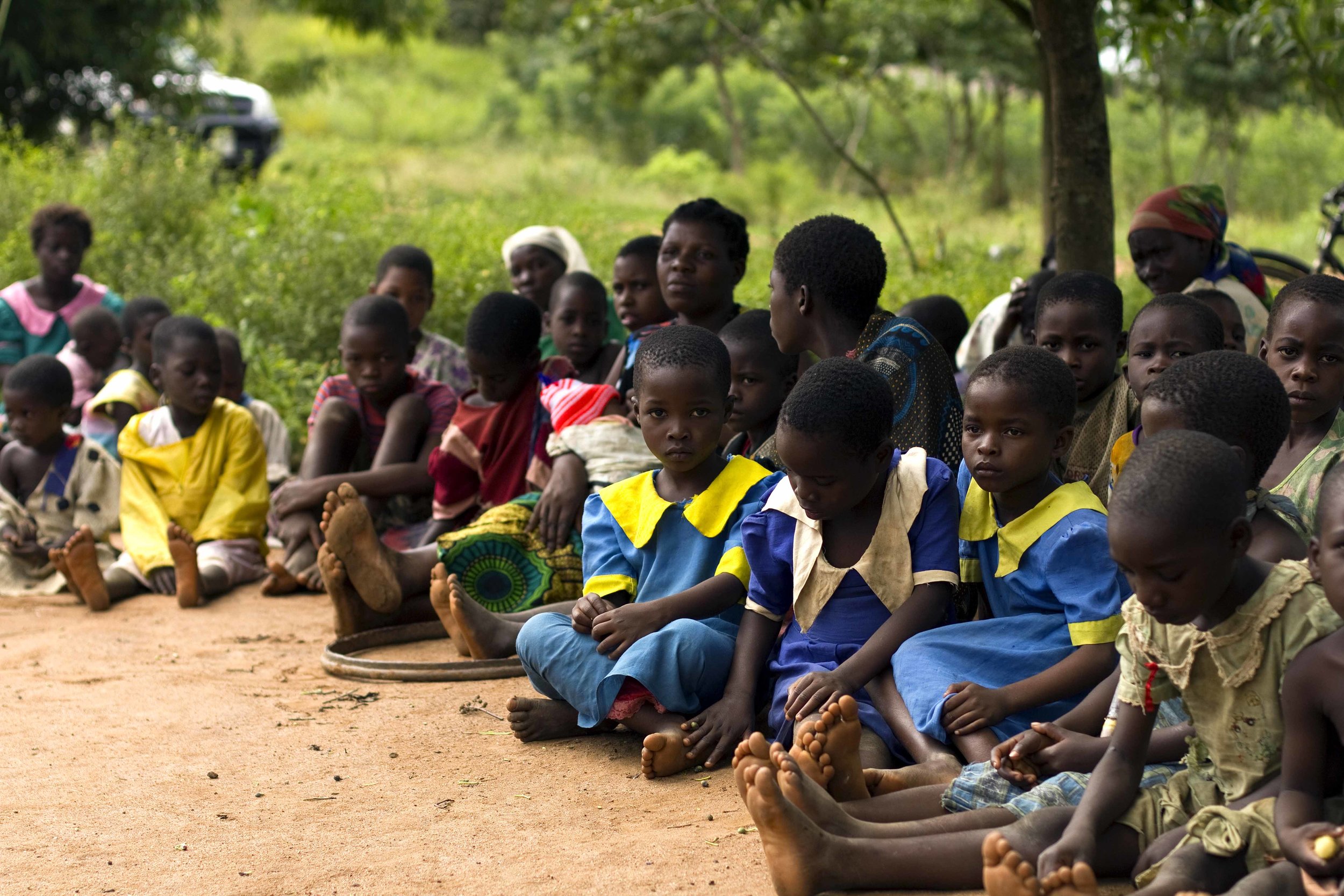XPRIZE has announced the 5 finalists competing for the $15 million Global Learning challenge, which seeks solutions that “will enable children in developing countries to teach themselves basic reading, writing and arithmetic within 15 months.”
Photo: Swathi Sridharan (ICRISAT).
More than 250 million children around the world cannot read, write, or possess basic arithmetic skills, according to data from UNESCO, we need more than 1.6 million more teachers globally to end this literacy gap, a number that will be doubled by 2030. XPRIZE developed the Global Learning XPRIZE to prove that with the right technological resources, children can teach themselves to read, write and do arithmetic.
XPRIZE announced today the five finalists advancing in the $15M Global Learning XPRIZE, a competition that challenges innovators around the world to create scalable solutions that will enable children to teach themselves basic reading, writing and arithmetic within 15 months.
Teams from India, U.S. and U.K. were given a $1M milestone prize for advancing to the final round for the open source, cutting-edge learning software they have developed for the competition. The finalist teams will begin field testing their education technology solutions in November in Tanzania where nearly 4,000 children in 150 villages in the Tanga region of Tanzania will test the software solutions provided by the teams.
Meet the 5 finalist teams:
- CCI (United States). The team is developing structured and sequential instructional programs and a platform that seeks to enable non-coders to develop engaging learning content in any language or subject area.
- Chimple (India). They are developing a learning platform aimed at enabling children to learn reading, writing and mathematics on a tablet through more than 60 explorative games and 70 different stories.
- Kitkit School (United States). This team is developing a game-based learning program with flexible learning architecture aimed at helping children independently learn, irrespective of their knowledge, skill, and environment.
- onebillion (UK). They are merging numeracy content with new literacy material to offer directed learning with continuous monitoring to respond to different children’s needs.
- RoboTutor (United States). The team is using Carnegie Mellon’s research in reading and math tutors, speech recognition and synthesis, machine learning, educational data mining, cognitive psychology, and human-computer interaction.
“Universal access to education is a major priority for XPRIZE, and we are proud to celebrate the change-making teams making impressive strides to ensure every single child has the opportunity to take learning into her own hands,” said Marcus Shingles, CEO of XPRIZE Foundation. “The leading solutions born from this competition could provide the key to unlocking literacy for children most in need, giving them access to an education they otherwise wouldn’t have.”
At the end of the field testing phase, the team whose solution enables the greatest proficiency gains in reading, writing and arithmetic will receive the Grand Prize of $10 million, to be announced in April 2019.
Each of the five finalists will be required to open source both their code and their content which will be free and available for anyone to work on.
This article from Observatory of the Institute for the Future of Education may be shared under the terms of the license CC BY-NC-SA 4.0 
)
)


)